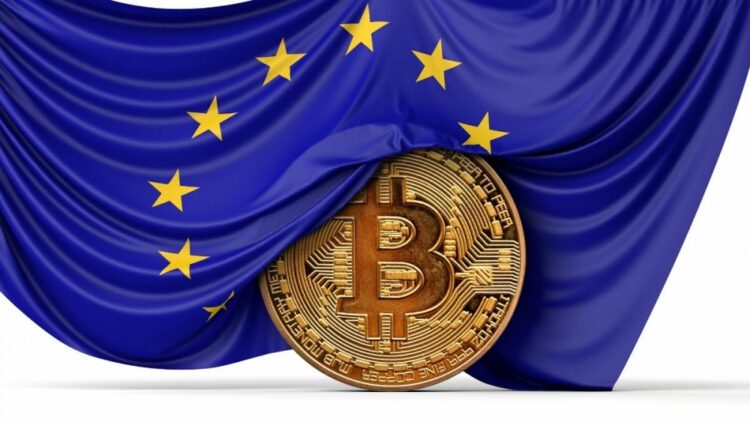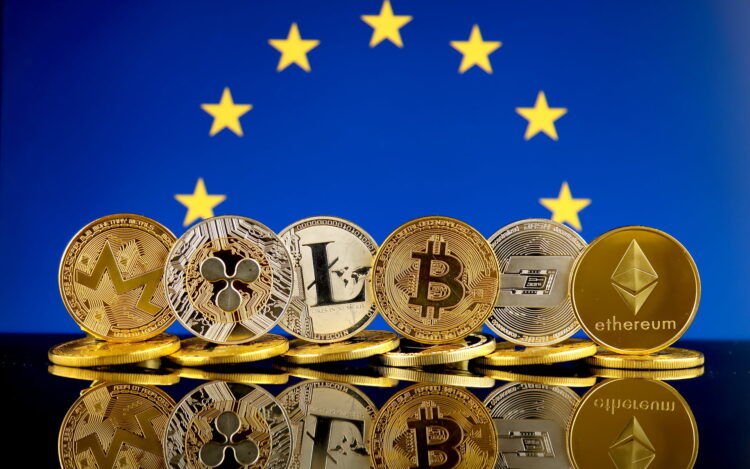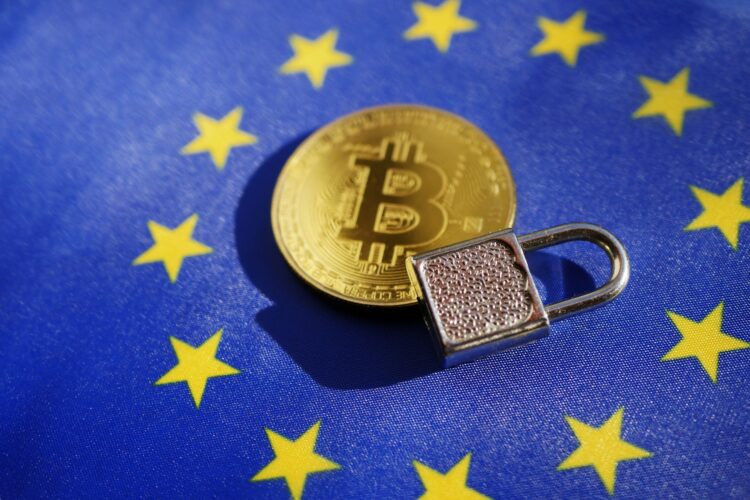Advertisement
The world's third-largest economy wants regulation of the cryptocurrency market to protect investors and set strict standards for stablecoin issuers.
Brussels policymakers' agreement

Policymakers, who represent the world's third-largest economy, have been haggling for nearly two years in the cryptocurrency assets (MiCA) market. As it did on Thursday, the legislative package sets requirements for cryptocurrency issuers to publish a kind of technical manifesto known as a "white paper," in order to register with the authorities and keep bank-style reserves suitable for stablecoins (cryptocurrencies are pegged to the value of a assets such as sovereign currencies such as the euro).
Policy makers have reached an agreement.

Stefan Berger, the MP in charge of viewing the MiCA through the EU's complex legislative process, tweeted confirmation that policymakers had reached an agreement. The news was also praised by Mairead McGuiness of the European Commission as she left the talks, which lasted nearly seven hours.
McGuinness referred to the turmoil seen in recent weeks in the cryptocurrency market: "I think everyone now knows that you can't have an environment that is not controlled by the law.
She added that "we think there needs to be international cooperation because it's important that we can't regulate ourselves."
McGuinness has previously called on the U.S. to cooperate on regulation and there are recent signs that the Biden administration is considering its own stablecoin laws.
McGuinness also suggested that this is not the end of the story, after Christine Lagarde of the European Central Bank said more laws would be needed to address new areas such as crypto lending.
McGuinness said: "No laws have been set and no laws in the cryptocurrency sector can have. "The people in this space who are thinking of innovation will now do it in a way that is more within our regulations than in the Wild West." One official said that under the final agreement, NFT's would be completely excluded from the scope of the law unless the NFT could be broken up or segmented — meaning more people could own parts of an NFT.
Lawmaker Ernest Urtasun tweeted that the deal would include limits on large stablecoins widely used as a means of payment, meaning they must not exceed 200 million euros traded per day.
The mica was originally launched by the European Commission in September 2020 in an effort to address a series of cryptocurrency fundraising projects known as ICOs. The law needs the approval of EU governments and lawmakers to pass it – something it now has.
MiCA has been widely welcomed by the industry as it can increase its credibility, promote the acceptance of conventional banks, and provide cryptocurrency companies with a single license to operate across the bloc.
Lawmakers' worries about expanding the scope of the law
 Many are increasingly worried about lawmakers' subsequent efforts to expand the scope of the law to include decentralized finance (DeFi) and NFT as well as limit the environmental impact of the Proof of Work underpinning bitcoin.
Many are increasingly worried about lawmakers' subsequent efforts to expand the scope of the law to include decentralized finance (DeFi) and NFT as well as limit the environmental impact of the Proof of Work underpinning bitcoin.
In the final stages of negotiations, the focus is on whether NFT service providers – including markets such as OpenSea – need regulatory permission to operate within the bloc.
The law also sets strict requirements for stablecoin issuers. The stablecoin's rules were originally proposed as a response to Libra, the cryptocurrency proposed by the former Facebook, which finance ministers fear will usurp governments' money-controlling role.
Although librarians are no longer available, the idea of strict regulations for stablecoin issuers was backed up after the serious collapse of terra USD last month.
The legislative agreement comes as U.S. lawmakers consider their own rules, especially for the stablecoin market. It also heated up after anti-money laundering measures that the EU agreed to impose on cryptocurrency service providers on Wednesday.
When today's political agreement is officially confirmed and posted on the EU Website, cryptocurrency companies will still have a transition period so they can apply the new rules.
___
Telegram: https://t.me/+XqnDmxy-bz0wMTE1
Group: https://www.facebook.com/groups/655607162536305
Fanpage: https://www.facebook.com/WikiBinancecom
Twitter: https://twitter.com/wikibinancevn
















